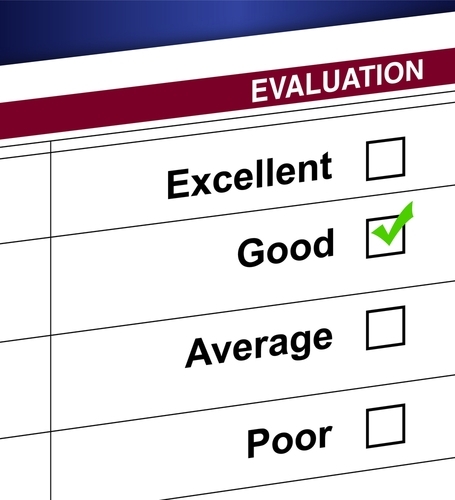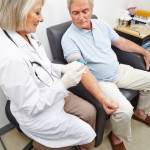Survey shows EHR incentives program is on the right track
There has been a lot of talk about the Centers for Medicare and Medicaid Services' meaningful use incentives program – and not all of it has been positive. Many providers are concerned about stage 2 of the program, and calls to delay the start of this program have been denied. However, recent results from the annual Centers for Disease Control and Prevention's National Ambulatory Medical Care Survey show that this program is actually moving along quite smoothly.
WhiteHouse.gov reported on the survey's findings, and stressed that the government believes that EHRs are key tools to help improve the health care industry in the U.S. Furthermore, the government website stated that doctors have been using EHRs to help reduce medical errors and hospital readmissions, all while giving patients greater access to their files so they can contribute to their own care.
Exploring the study's findings
The survey discovered that, currently, an estimated 80 percent of office-based providers are using some form of EHR system. This figure represents a 60 percent increase from 2001, and is nearly double the amount from 2008. Furthermore, 70 percent of office-based physicians said that they have intentions to be a part of the incentives program.
Chun-Ju Hsiao, Ph.D., National Center for Health Statistics health-policy researcher and study lead author, gave some positive insight into the future of stage 2.
"From 2010 through 2013, physician adoption of 7 of the 17 capabilities required for Stage 2 core objectives for meaningful use increased significantly," said Hsiao.
WhiteHouse.gov reported that these findings have government officials feeling positive about the program. However, government officials from the Office of the National Coordinator for Health Information Technology explained that this does not mean that they do not think there is room for improvement. This is important, considering the large number of vendors and providers who have concerns about EHRs and the path of the incentives program in the upcoming months.
"Overall, we are encouraged to see that physician adoption of EHRs meeting Meaningful Use Stage 2 is increasing significantly and that physicians are recognizing the value of EHRs in the care setting. The report does also tell us there is more to do and we agree. Fewer than one in three respondents (30 percent) said their EHR facilitated a communication with a patient via e-mail/secure instant messaging. At ONC we look forward to continuing to work on key issues such as usability and improving functionalities so we can all see the promise of EHRs and health IT to improve care and eventually health," read a statement on WhiteHouse.gov.
Plans for stage 2
Providers who are worried about making it through stage 2 should know that the government is aware of their concerns and working to assuage them. For example, Health Data Management reported that the CMS and ONC have started the Designated Test EHR Program. The goal of this program is to aid in the exchange of summary of care documents among EHR systems – which is part of the transitions of care measure of stage 2. In this measure, providers need to "conduct one or more successful electronic exchanges of a summary of care document, with a recipient who has EHR technology designed by a different EHR technology developer than the sender's." If providers choose not to do this, they can conduct one or more complete tests using the CMS Designated Test EHR.
For providers who choose to go with the latter option, the CMS is asking for vendors that are willing to serve as test EHRs. These EHRs must have technology that is capable of executing the Authorized Vendor Test Instruction.



